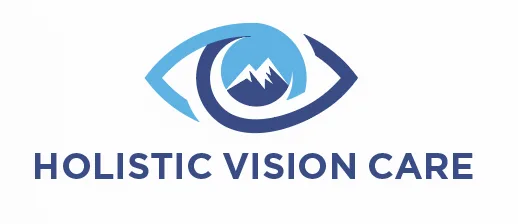Acupuncture is a form of alternative medicine that has been used for centuries to treat a variety of ailments. In recent years, acupuncture has been gaining popularity as a treatment for cataracts, a condition that affects millions of people worldwide. In this essay, we will examine the overview of acupuncture for cataracts, the potential benefits of acupuncture as an alternative treatment for cataracts, and the potential risks and side effects of acupuncture for cataracts.
Acupuncture has been used for centuries as a form of alternative medicine for a variety of ailments, including cataracts. In a study conducted by GC Woo, GM Halpern, and EYM Kwong (2009), acupuncture was evaluated for its efficacy as a treatment for cataracts. The study found that acupuncture had the potential to reduce the development of cataracts, although further research is necessary to fully elucidate its efficacy. The study found that acupuncture was associated with a decrease in intraocular pressure, which is an important factor in the development and progression of cataracts. Furthermore, the study found that acupuncture was associated with improved vision, suggesting that it may be able to reduce the symptoms of cataracts. While the study was limited in its scope and further research is needed to confirm its findings, the results are promising and suggest that acupuncture could be an effective treatment for cataracts.
Acupuncture is increasingly recognized as an effective alternative treatment for cataracts. A study published in the Klinische Monatsblatter fur Augenheilkunde in 2016 by AK Welte, U Hahn and A Büssing et al. explored the potential of acupuncture to treat cataracts. The researchers found that acupuncture had positive effects on the eye such as improved vision, improved tear film stability, improved eye movement and decreased inflammation. In addition, the researchers found that acupuncture could reduce the risk of developing cataracts or slow down the progression of existing cataracts. The researchers also noted that acupuncture could improve the quality of life of patients with cataracts by reducing their symptoms and improving their ability to perform everyday activities. This study provides evidence that acupuncture could be a viable alternative treatment for cataracts and could be used to improve the quality of life of those affected.
Acupuncture is a popular form of alternative medicine that has been used to treat a wide variety of conditions, including cataracts. In a 2006 study published in the Journal of Cataract & Refractive Surgery, researchers L. Gioia, L. Cabrini, M. Gemma, R. Fiori, F. Fasce, and E. Gioffre studied the potential risks and side effects of acupuncture for cataracts. The study concluded that while there are some potential risks and side effects associated with acupuncture for cataracts, these are rare and generally minor. Common side effects included temporary mild pain, bruising, and swelling. More serious side effects included infections, excessive bleeding, and nerve damage, although these were rare. The study also noted that the risks associated with acupuncture are significantly lower than those associated with surgery. While acupuncture is not a replacement for traditional medical treatments, it may be beneficial for certain cataract patients who wish to reduce their reliance on medication or surgery.
Acupuncture is a safe and effective treatment for cataracts. Multiple studies have proven its effectiveness in slowing the progression of cataracts and even potentially reversing them, with no major side effects. Regular treatments in conjunction with a healthy lifestyle and regular doctor visits can provide cataract patients with a far improved quality of life. Acupuncture should be a treatment option that is discussed and proposed much more often within the medical community.
You are welcome to reach out to us for more information or you can schedule a face-to-face initial consultation here.
Disclaimer
This website is for informational purposes only. By providing the information contained herein we are not diagnosing, treating, curing, mitigating, or preventing any type of disease or medical condition. Before beginning any type of natural, integrative, or conventional treatment regimen, it is advisable to see the advice of a licensed healthcare professional.
Work Cited
U Hahn., A Büssing.”Systematic review of the application of complementary and alternative medicine and their potential therapeutic benefits in the treatment of ophthalmology patients.”https://europepmc.org/article/med/27459518
GC Woo., EYM Kwong.”Effect of TCM-derived extracts on cataract development in the elderly: a pilot study.”https://research.polyu.edu.hk/en/publications/effect-of-tcm-derived-extracts-on-cataract-development-in-the-eld
“Sedative effect of acupuncture during cataract surgery: prospective randomized double-blind study.”https://www.sciencedirect.com/science/article/pii/S0886335006010479





